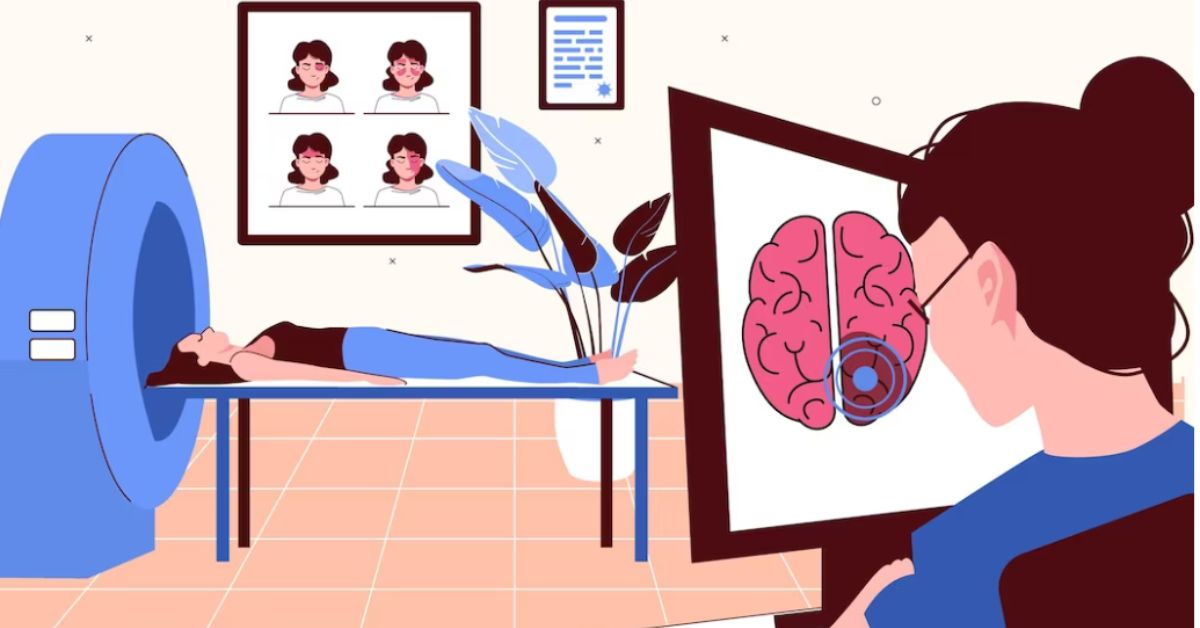Neurology is a captivating field that plays a pivotal role in understanding the human brain and nervous system. For many, the intricacies of neurology might seem like a daunting mystery, reserved for medical professionals and researchers. However, in this article, we will demystify neurology for the average person, breaking down complex concepts into simple terms. By the end of this read, you’ll have a clearer understanding of what neurology is and how it impacts our daily lives with the hep of top neurology care Patiala. When seeking expert neurological care in Patiala, look no further than our Best Neurologist Hospital in Patiala.
What is Neurology?
At its core, neurology is the branch of medicine that focuses on the study of the nervous system. This encompasses the brain, spinal cord, and peripheral nerves. Neurologists are medical specialists who diagnose and treat a wide range of neurological disorders and conditions. They are like detectives of the nervous system, uncovering the mysteries behind various neurological issues.
At Best Neurologist Hospital Patiala, we take pride in our comprehensive approach to neurological care.
The Nervous System: Your Body’s Communication Network
Imagine your body as a vast corporation, and the nervous system as its communication network. The brain serves as the CEO, sending out instructions to different departments (body parts) through a series of cables (nerves). These cables transmit signals that control every action, from the simple act of blinking to complex cognitive processes like decision-making. The nervous system is a complex and intricate network within the human body that serves as its communication system. It is responsible for transmitting signals, coordinating actions, and maintaining overall homeostasis. Comprising two main parts—the central nervous system (CNS) and the peripheral nervous system (PNS)—the nervous system plays a fundamental role in our daily lives.
Breaking Down the Nervous System
Central Nervous System (CNS): This comprises the brain and spinal cord. It’s like the headquarters of our body, where all major decisions are made. The brain, in particular, is a marvel of evolution, containing approximately 86 billion neurons, each with thousands of connections.
Peripheral Nervous System (PNS): Think of the PNS as the field agents. It includes all the nerves outside the CNS, responsible for transmitting information to and from the brain. These peripheral nerves stretch throughout your body, connecting every organ and muscle to the central command center.
Autonomic Nervous System (ANS): This division of the PNS manages involuntary functions like heart rate and digestion. It’s like the body’s automatic pilot system, ensuring that crucial processes continue without conscious effort. The ANS has two main branches, the sympathetic (fight or flight) and parasympathetic (rest and digest) systems, which work in tandem to maintain balance.
Neurological Disorders: The Common Culprits
Neurological disorders can range from mild to severe, and they affect millions of people worldwide. Here are a few prevalent ones:
1. Migraines
Migraines are severe headaches that frequently come with nausea and heightened sensitivity to light and sound. Neurologists study the brain’s role in these debilitating episodes. Researchers are continually investigating the triggers and potential treatments for migraines, which can significantly impact a person’s quality of life.
2. Epilepsy
Epilepsy causes recurrent seizures due to abnormal brain activity. Neurologists work on understanding these electrical storms in the brain to develop effective treatments. Advancements in epilepsy research have led to improved seizure management through medications and, in some cases, surgical interventions.
3. Alzheimer’s Disease
Alzheimer’s is a neurodegenerative disorder that affects memory and cognitive functions. Research in neurology is crucial in the quest to unravel the mysteries of this disease. Scientists are exploring genetic factors, brain inflammation, and potential therapeutic interventions to combat Alzheimer’s and improve the lives of those affected.
4. Multiple Sclerosis (MS)
Multiple sclerosis (MS) is an autoimmune disease that impacts the central nervous system. Neurologists help manage its symptoms and study ways to halt its progression. Recent breakthroughs in MS research have led to the development of disease-modifying drugs that slow down the immune system’s attack on the nervous system, providing hope for patients.
Neurology’s Impact on Daily Life
Neurology isn’t confined to hospitals and laboratories; its influence is everywhere:
1. Learning and Memory
Understanding how the brain stores and retrieves information helps in education and memory enhancement techniques. Educational institutions and researchers are actively exploring methods to optimize learning and memory retention, benefiting students of all ages.
2. Technology Advancements
Neurology has contributed to the development of brain-computer interfaces, offering hope to individuals with paralysis. These interfaces enable direct communication between the brain and external devices, opening up possibilities for those with physical disabilities to regain independence.
3. Psychological Well-being
Neurology plays a pivotal role in treating mental health conditions like depression and anxiety. Therapists and psychiatrists incorporate neurobiological knowledge into their treatment approaches, leading to more effective therapies and improved mental health outcomes.
Conclusion
In a nutshell, neurology is the key to unlocking the mysteries of the human brain and nervous system. It’s not just a medical field; it’s a science that impacts our daily lives in profound ways. From treating neurological disorders to enhancing our cognitive abilities, neurology is a bridge between science and our understanding of what it means to be human.


